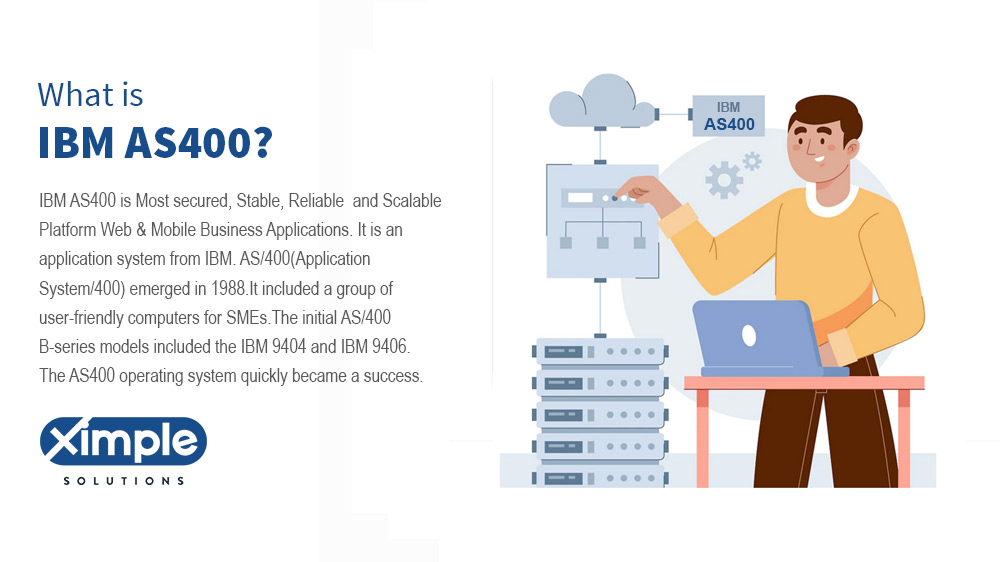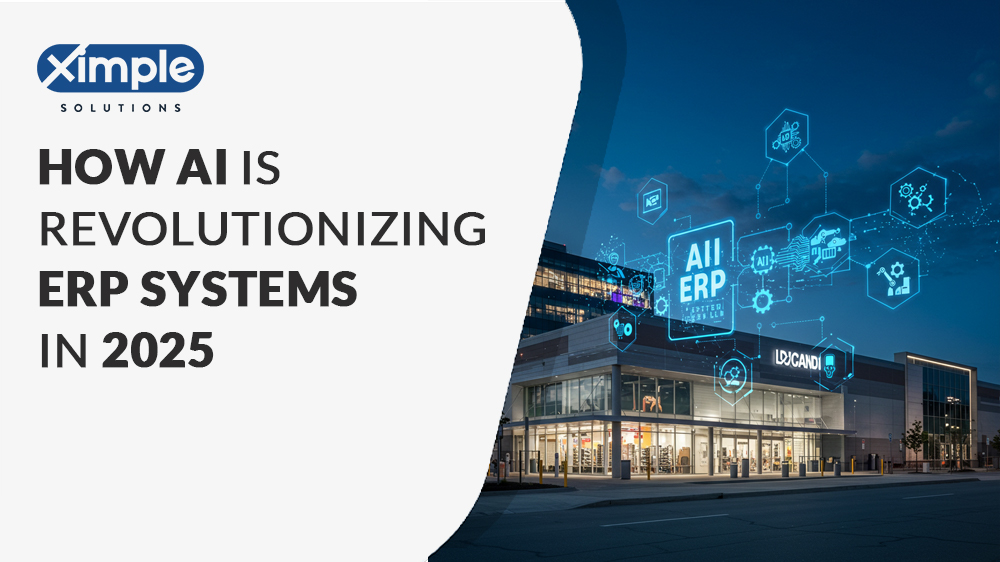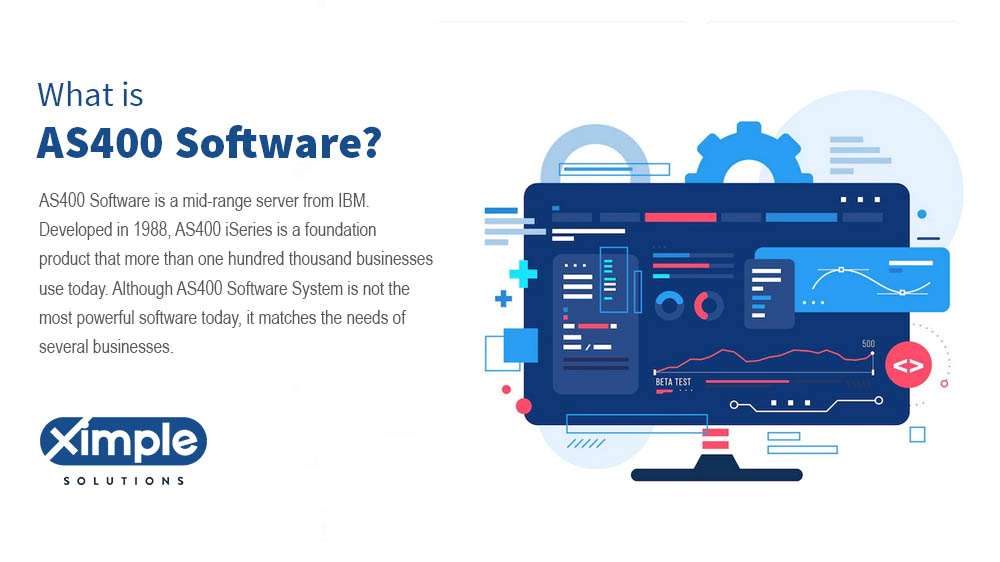Importance of ERP for Business | Why use ERP?
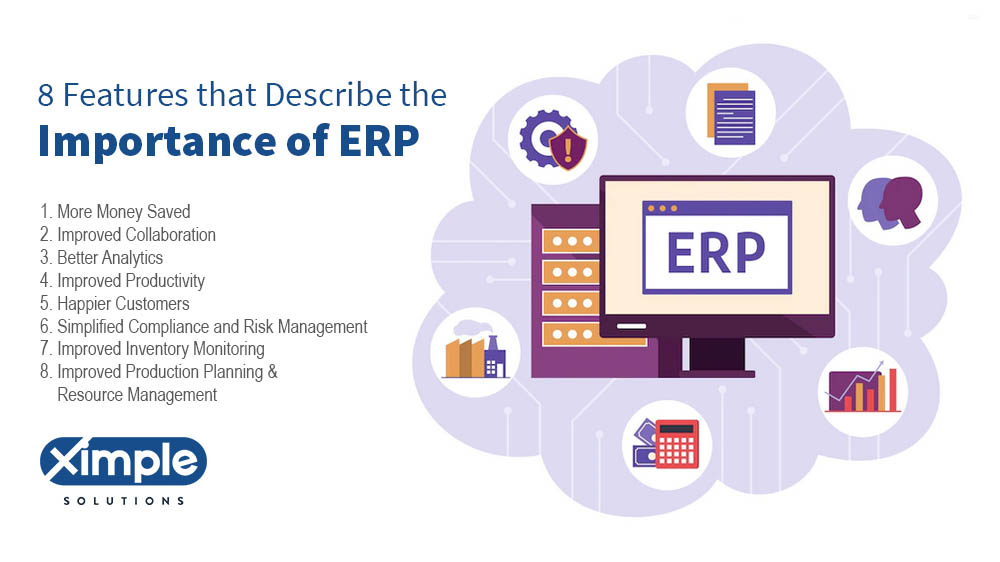
Along with the worldwide ERP software program market anticipated to be price $41.69 billion by the year 2020, the impact of the systems is clear. Whereas this volume is outstanding, those who have by no means used the PC software program may discover it challenging to know why ERP is critical to their enterprise.
Nonetheless, as globalization dominates {the marketplace} for many companies, it’s vital to search out all instruments to offer your organization an aggressive benefit. For many companies, that is completed by way of utilizing ERP.

Table of Contents
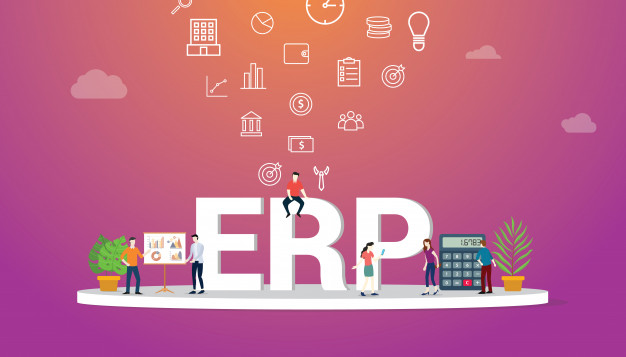
What are the Uses of ERP?
ERP is widely employed by firms working within the distribution chain to keep track of all of the moving parts of distribution and manufacturing. However, ERP can be used by a lot of different sectors, including people in Purchasing, Sales, Accounting, Inventory, Warehouse, Employee gateway, Operations, etc. Organizations needing to control their employees, inventory, and customers can rely on ERP advantages.
Related articles
Why Use ERP? Importance of ERP
Enterprise resource planning software is used to handle several business purposes, but how can it be better than other alternatives? Though ERP might have similar aims to other options, its specific attributes make it a distinguishing competitor in the applications marketplace.
Here are the 8 reasons why the significance of enterprise resource planning (ERP) systems must be regarded by any company:
1. More Money Saved
- Though a lot of vendors have introduced flexible pricing in the last several years, ERP packages continue to be a large investment. For all, the high costs alone could make it seem improbable that the program will wind up saving your company any money in any way. But when you get past the sticker shock, it is a lot easier to see how ERP can supply a superb ROI.
- To start with, ERP allies quite a lot of the programs that may presently be fragmented in your group. From product growth to accounts payable, your staff can have the flexibility to get all the wanted instruments for his or her venture from a centralized system.
- By consolidating techniques, you help your employees use their time better. With ERP, users do not need to look down a slice of data across multiple programs. Together with the database, data is a lot easier to regain.
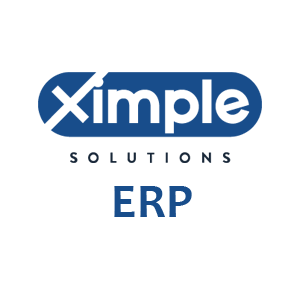
See How We Can Help to Reduce Your Operational Costs for Your Wholesale Distribution Business.
Ximple ERP automation improves workflows & processes across the distribution departments which help to reduce operational cost and productivity.
If you want our wholsale distribution business experts at Ximple Solution to help you digitalize your distribution business or upgrade your legacy ERP, just book a call
2. Improved Collaboration
- The qualities of ERP software may vary slightly based on the app you’re using, but all systems enhance collaboration in some manner. As stated earlier, the database is an essential component of what creates an ERP special.
- With this database, you also give your firm with just one source of facts to operate from. This reduces any mistakes caused by using erroneous information, further reducing prices.
- Furthermore, a central database minimizes any hesitation or stalling throughout jobs, since all staff members have access to the company-wide information they require. Additionally, there’s no requirement to unite information across different sources or systems.
- Since each information is accumulated, saved, shared, and accessed via one system, there’s not any concern about the way accurate, complete, or protected the information files are.
3. Better Analytics
- A central database of data also assists in enhancing your reporting and analytics. As ERP documents and stores, all of the information users enter, it makes for a superb company intelligence tool.
- So long as your seller offers strong performance, ERP applications make it simpler and quicker for your team to create many reports. Reports that could take weeks of research and compilation with no ERP take only minutes.
4. Improved Productivity
- With conventional procedures, tedious jobs are unavoidable. Tasks such as creating reports, tracking inventory levels, timesheet processing, and tracking orders have taken workers hours to achieve.
- Along with carrying uptime, these procedures lower worker morale and open yourself up to human error. Following the umpteenth hour of entering the identical line of information into various types, even the very best staff members will definitely make a mistake.
- In the event you pick the best solution, an ERP can automate your most boring tasks. The database inside ERP software removes redundant tasks like data entry and permits the system to do complex calculations within seconds.
- This frees up your staff members’ time to perform more considerate work, raising your ROI when it comes to labor. By doing this, ERP boosts your company’s productivity, efficiency, and endurance.
5. Happier Customers
- Handling your clients has never been so significant. In our electronic age, an increasing number of folks are turning to the World Wide Web to obtain information on what clothing to wear, what food to eat, and how to live their own lives. And with 84% of customers expecting online reviews as far as they would a buddy, previous client remarks are more impactful than ever before.
- The very best method to enhance customer satisfaction is to supply client-centered services and goods. ERP provides this in a couple of various ways. To begin with, many ERPs are outfitted with a client relationship management (CRM) tool or can be readily incorporated with you. Having an ERP, your CRM has access to information across company purposes.
- Together with contact info, an integrated CRM can reveal information like order history and charging info. This allows your team to view your own customers more to acquire a better comprehension of their needs and requirements. The higher customer visibility makes it possible to invent your revenue strategy for enhanced lead generation.
6. Simplified Compliance and Risk Management
- As firms grow and do business in different states, it can be hard to keep track of all of the various regulations imposed on your company. Even local companies will need to fret about different environmental, data security, and human resources regulations.
- Fortunately, lots of ERP offerings are constructed with all these regulations in mind that will assist you in maintaining compliance at each stage. Additionally, ERP applications offer built-in auditing programs to help with assigning things like compound usage and tax provisions. This makes it unbelievably simple to invent reports and send them to the applicable governing body.
- Furthermore, ERP frequently provides tools to control risk. This solution improved the accuracy and reliability of general financial management as there’s less opportunity for errors throughout bookkeeping.
- Forecasting tools also enable users to forecast events as soon as it comes to demand, labor, and price range. With this data in hand, you can produce more secure budgets, programs, and product development strategies.
7. Improved Inventory Monitoring
- A significant challenge for growing businesses is monitoring and tracking their expanding stock amounts. ERP uses barcoding, RFID tags, and sequential numbers to keep tabs on your stock at each stage through the distribution chain.
- These tools help you keep costs on stock levels at several warehouses, which things have been in transport, and which items are on the shelves ready for customers. The greater warehouse visibility optimizes the selection, packing, and shipping procedure significantly, eliminating all of the guesswork.
- Inventory monitoring additionally strengthens reporting, as monitoring technologies provide more precise numbers. Users may configure customized KPIs to determine which goods move the quickest demonstrating greater need and which raise carrying costs.
- Together with the greater accuracy provided by ERP, warehouse supervisors may get real-time information on their stock to make more accurate business decisions.
8. Improved Production Planning and Resource Management
- Together with managing the inventory, ERP additionally manages to fabricate. ERP offers insight into all production operations, including the store floor. This permits users to maximize production programs, labor, and equipment to optimize capacity.
- Furthermore, ERP oversees your Bill of Materials (BOM) and adjusted assets. With this application, users can quickly create and edit BOMs together while keeping an eye on previous changes.
- Fixed asset management lets users schedule equipment maintenance to decrease sudden downtime, enhancing your endurance and supply chain connections.
Conclusion
The benefits of ERP greatly surpass the initial cost, effort, and time required for implementation, provided you choose the right solution. Check out our ERP Buyer’s Guide to explore various functions and features, implementation goals, and key questions to ask vendors.
With thorough research and careful consideration, you will find ERP applications that offer all the advantages mentioned, illustrating why ERP is crucial for a corporation.

